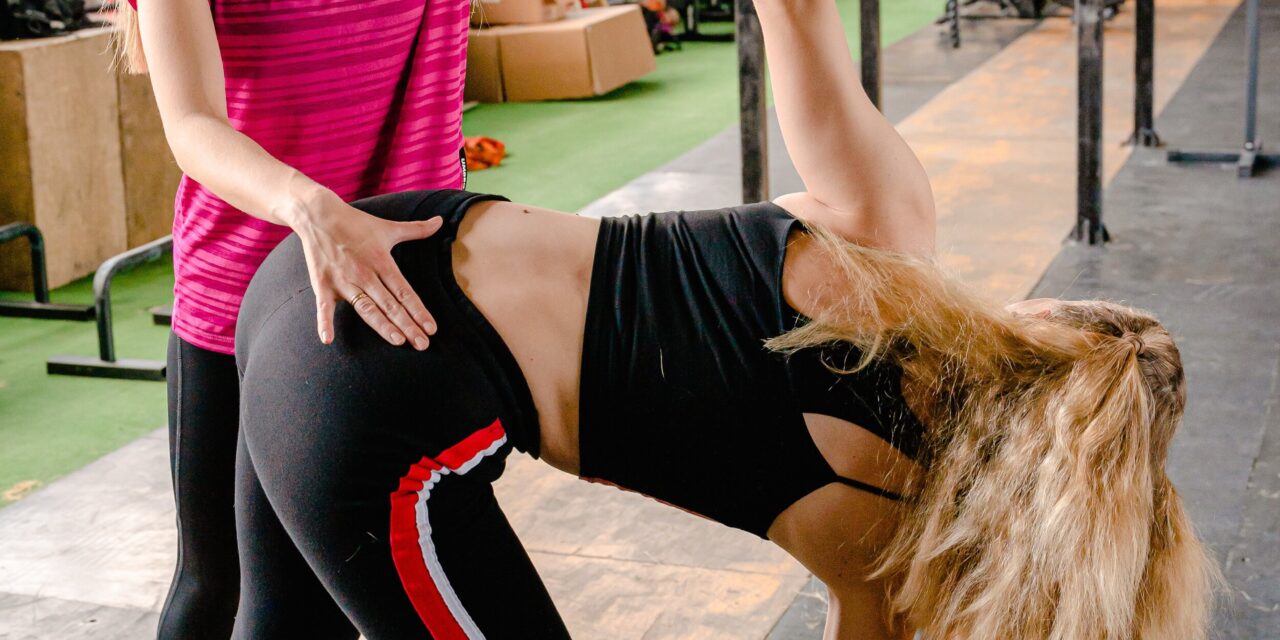Authors estimate 1 in 10 Americans over age 60 report symptomatic, not to be confused with those who are pain free but have arthritis on x ray, knee osteoarthritis. Knee arthritis is one of the leading causes of disability due to its’ impact on functional activities such as getting out of chair, walking, standing, and...
Can I Still Be Fit If I Am Overweight, But Active?
February 8, 2021
Americans who are overweight are at a higher risk of many diseases including heart disease, stroke, diabetes, and some cancers. Thankfully many of these risk factors improve as an individual returns to a healthy weight through changes in their nutrition and exercise habits. Patients often ask if weight loss is the key factor in this...
If It Improves Performance And Lowers Injury Risk, Why Are Triathletes Not Strength Training?
February 4, 2021
Boulder is one of our country’s hubs for endurance athletes including those training for one of the race distances in triathlon. In our Physical Therapy practice we frequently evaluate and treat triathletes’ injuries allowing them to return to the high volume of training required in their sport. The vast majority of these injured athletes are...
How Long Should I Walk To Lose Weight?
February 4, 2021
The CDC reports over 2/3 of Americans are either overweight or obese with less than 1/3 reaching the recommended 150 minutes of exercise each week (21 minutes per day). Weight loss is a complicated, multifactorial process but many researchers recommend the combination of diet and exercise to reduce body mass. Diet has the greatest impact...
It is hard to walk through any health food aisle in the grocery store without coming across another food, drink, or supplement claiming to provide anti oxidants. These products’ effects claim to target free radicals or the naturally occurring unstable molecules, due to changes in electrons, which are created through our body’s cellular metabolism. If...
The CDC estimates 10% of Americans have diabetes with close to 95% being diagnosed with Type II diabetes. Type II diabetes is differentiated from Type I, in part, by the body’s reduced sensitivity to the insulin it produces leading to higher levels of blood sugar (glucose). Diabetes can have serious health consequences including vision loss,...
Is Exercise Performance in Female Athletes Impacted by the Menstrual Cycle? By Berrin Boyce PT, DPT, PRPC In recent decades as women collectively increase participation in all types of exercise, ranging from physical activity to elite sport, more questions arise about whether or not the cyclical hormonal changes that occur in women with healthy menstrual...
Pre-Exercise Education Affects Pain Sensitivity
December 31, 2020
Exercise is a powerful pain modulator. This well-established concept has been rigorously studied and trial after trial show that low, moderate, and vigorous exercise provides short term decreases in pain sensitivity. But there is more to it than just performing body movements. Researchers are now looking at how personal expectations and education regarding exercise affects...
Low Back Pain and Postpartum Depression
December 31, 2020
Low Back Pain and Postpartum Depression By Berrin Boyce, PT, DPT, PRPC Low back pain, pelvic girdle pain, and postpartum depression are relatively common following pregnancy. Musculoskeletal pain likely impacts around 50% of people in the postpartum period (Carvalho et al, 2016), while 1 in 7 women will experience postpartum depression. Although both are common,...
How Much Should I Exercise To Lose Weight And Fat Mass?
December 9, 2020
The CDC estimates that 2 out of every 3 American adults are either overweight or obese. These added pounds carry significant health risks to the individual including higher rates of disease, including COVID, and early death. The main strategy for weight loss involves creating a caloric or energy deficit each day through increased exercise and/or...

